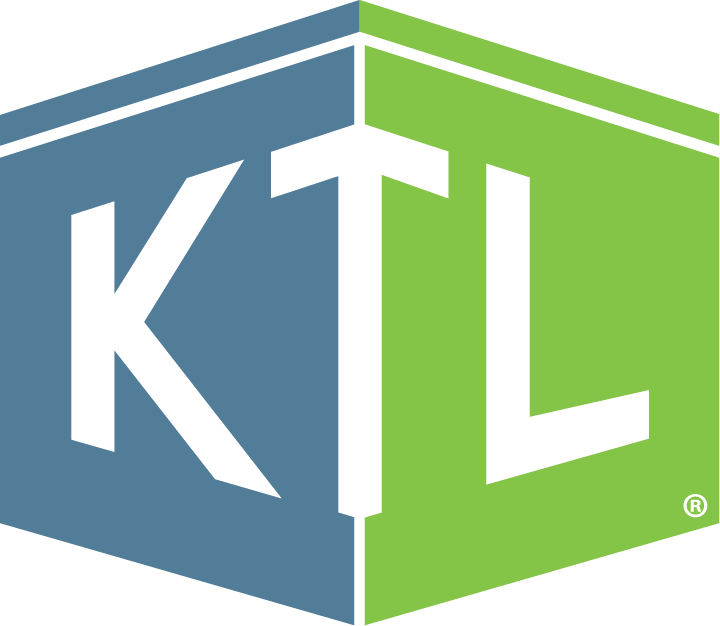
Food Safety
Comments: No Comments
In theory, compliance with the Food Safety Modernization Act (FSMA) is simple. In reality, however, the rules are complex—even convoluted, some may say—guidance is currently limited, and rule interpretations differ, sometimes vastly.
Regardless of those complications, there are a number of actions any company in a food-related industry can take to support FSMA compliance efforts. While this list doesn’t get to the granular level of detail needed to comply with all of the individual rules and requirements, it does provide a high-level overview to get companies started down the right path to compliance.
- Verify that employees know and understand your company’s food safety and FDA/FSMA requirements. Which rules are applicable? What is required to comply? What are the job requirements?
- Ensure that building, premises, and processes meet existing physical condition and defense requirements.
- Ensure that everything from food safety training to operational documentation is current, complete, and detailed. Everything must be documented and verified to demonstrate compliance.
- Assess your written Food Safety Plan(s) and look for “gaps” in areas, including food safety policies, preventive controls, allergen management, and cGMPs.
- Confirm your company’s policies are visible, understood, and being followed. It is one thing to have written policies; it is another thing to implement them into the organization.
- Ensure the adequacy of your supply chain and internal audit program to FSMA requirements. Confirm that you effectively track, monitor, and evaluate your suppliers. FSMA compliance stretches beyond your individual organization throughout the food supply chain.
- Test and confirm that you are prepared to provide documentation within 24 hours if requested by FDA. An effective document management system can help ensure that you are able to access the required information when you need it.
- Maintain insurance and ensure your indemnity agreements provide an acceptable level of protection, including letters of guarantee and supplier and recall insurance.
- Verify foreign suppliers for their compliance with FSMA regulations. Importers will be required to verify that food imported into the United States has been produced to FDA requirements
- Verify and maintain your mock recall program for any recall circumstance that might occur or be requested by FDA. All issues related to the processing and distribution of safe food will be enforceable by the FDA, including issuing recalls, ordering the detention of product, suspending business registrations, levying fines, and controlling the food supply chain.
Any company that works in a food-related industry needs to determine compliance requirements to implement the appropriate FSMA programs. Due to the Act’s complexity, this process should begin well in advance of final compliance dates. If programs are not currently in development, they must be short to avoid the potential of non-compliance to FDA, customers, and the supply chain.
